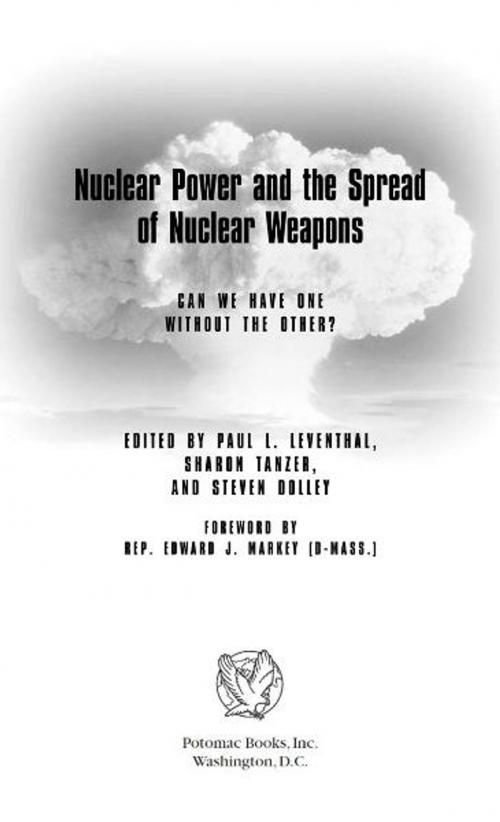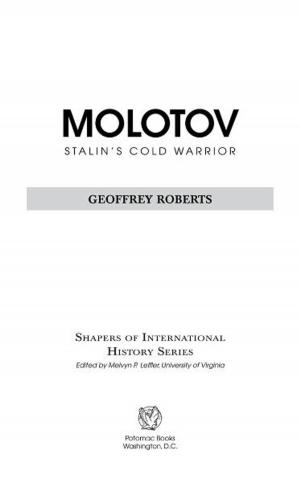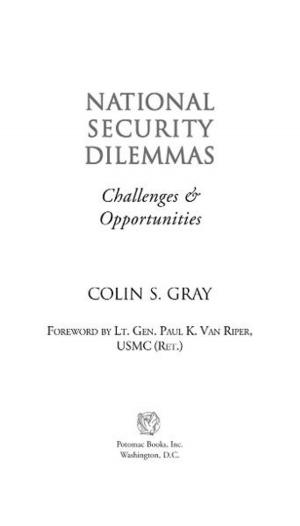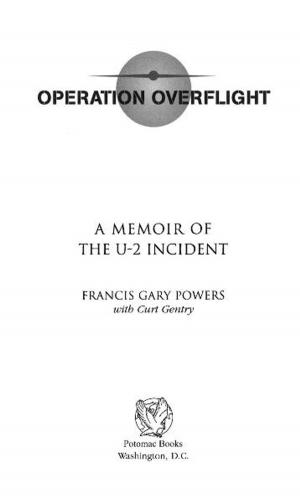Nuclear Power and the Spread of Nuclear Weapons
Nonfiction, Science & Nature, Technology, Nuclear Energy, History, Military, Nuclear Warfare| Author: | Sharon Tanzer; Steven Dolley; Paul Leventhal | ISBN: | 9781612342276 |
| Publisher: | Potomac Books Inc. | Publication: | August 31, 2002 |
| Imprint: | Potomac Books Inc. | Language: | English |
| Author: | Sharon Tanzer; Steven Dolley; Paul Leventhal |
| ISBN: | 9781612342276 |
| Publisher: | Potomac Books Inc. |
| Publication: | August 31, 2002 |
| Imprint: | Potomac Books Inc. |
| Language: | English |
In the wake of Californias energy crisis, policymakers rush to satisfy growing demand requirements may run the risk of naively ignoring the larger issues and dangers associated with increased reliance on nuclear power. A connection between national nuclear power programs and nuclear proliferation can be found in the strategic initiatives of North Korea, Iraq, Iran, India, and Pakistan.
In response to this threat, the Nuclear Control Institute has assembled a consortium of experts to underscore the connection that exists between nuclear power and the proliferation of nuclear weapons. They evaluated proliferation risks and proposed viable alternative energy sources. This volume includes the analysis of such respected thinkers as Pulitzer Prizewinning author Richard Rhodes; Rep. Edward Markey (D-Mass.); Amory Lovins, CEO of the Rocky Mountain Institute; and Amb. Robert Galucci, dean of the Georgetown University School of Foreign Service.
In response to this threat, the Nuclear Control Institute has assembled a consortium of experts to underscore the connection that exists between nuclear power and the proliferation of nuclear weapons. They evaluated proliferation risks and proposed viable alternative energy sources. This volume includes the analysis of such respected thinkers as Pulitzer Prizewinning author Richard Rhodes; Rep. Edward Markey (D-Mass.); Amory Lovins, CEO of the Rocky Mountain Institute; and Amb. Robert Galucci, dean of the Georgetown University School of Foreign Service.
In the wake of Californias energy crisis, policymakers rush to satisfy growing demand requirements may run the risk of naively ignoring the larger issues and dangers associated with increased reliance on nuclear power. A connection between national nuclear power programs and nuclear proliferation can be found in the strategic initiatives of North Korea, Iraq, Iran, India, and Pakistan.
In response to this threat, the Nuclear Control Institute has assembled a consortium of experts to underscore the connection that exists between nuclear power and the proliferation of nuclear weapons. They evaluated proliferation risks and proposed viable alternative energy sources. This volume includes the analysis of such respected thinkers as Pulitzer Prizewinning author Richard Rhodes; Rep. Edward Markey (D-Mass.); Amory Lovins, CEO of the Rocky Mountain Institute; and Amb. Robert Galucci, dean of the Georgetown University School of Foreign Service.
In response to this threat, the Nuclear Control Institute has assembled a consortium of experts to underscore the connection that exists between nuclear power and the proliferation of nuclear weapons. They evaluated proliferation risks and proposed viable alternative energy sources. This volume includes the analysis of such respected thinkers as Pulitzer Prizewinning author Richard Rhodes; Rep. Edward Markey (D-Mass.); Amory Lovins, CEO of the Rocky Mountain Institute; and Amb. Robert Galucci, dean of the Georgetown University School of Foreign Service.















